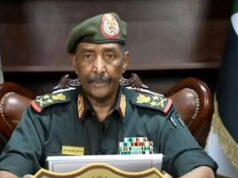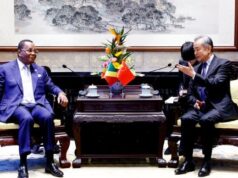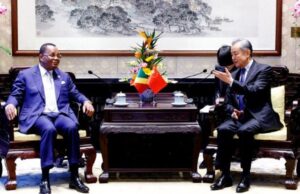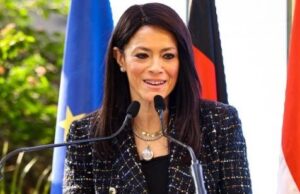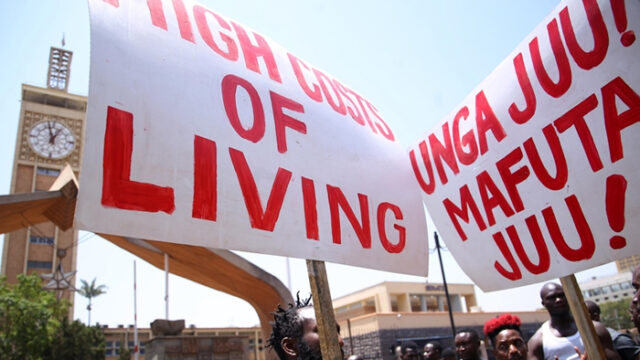
(4 minutes read)
The Kenyan economy is in a tailspin triggered by the surge in inflation, scarcity of essential goods, and shaving off of the value of its local currency vis -a- vis dollar. One can attribute the worsening situation to the backlash of the Covid-19 pandemic and the continuing war between Russia and Ukraine. That is a simplistic assessment of the situation.
The Kenyan economy is in a tailspin triggered by the surge in inflation, scarcity of essential goods, and shaving off of the value of its local currency vis -a- vis dollar. One can attribute the worsening situation to the backlash of the Covid-19 pandemic and the continuing war between Russia and Ukraine. That is a simplistic assessment of the situation.
But the question being asked from several quarters is whether the protests and demonstrations are the way forward for resolving these vexatious issues. The country is estimated to have lost US$ 15 million on account of the protests. Country’s Deputy President Rigathi Gachagua revealed these startling figures in a recent statement, adding that the country could ill-afford such wastages. Recently, Kenyan President William Ruto demonstrated his commitment to accelerate the flow of investments into the country wooing the investors by providing them with a safe and conducive environment. But investment flows only to areas where there are situations for businesses to grow and prosper. The most important among them is law and order.
There are also allegations that demonstrations are politically motivated and destabilize the country and its economy. This is where the fine line has to be drawn between the economy and politics. Democracies that have prospered kept a strict line between the economy and politics. Political parties agree on basic economic parameters. Foremost among them is a basic agreement on the economy, which should be uncompromising. Political parties come and go, but economic policies and approaches are there to stay.
Kenya, till recently, was called a poster boy of the African economic growth story. There could have been many reasons for the decelerating growth in recent times, more particularly the region’s record spell of drought. There seems to be no respite from that this year also. The prediction is that the upcoming rainy season, which falls between March and May, may also turn out to be a draught spell, which will be the sixth consecutive time the country is facing such vicissitudes in climatic conditions. This foretells the need for creating a buffer stock of the grains to meet up with the exigencies that will be unleashed, rather than sending distress calls when the situation goes out of control.
The foreign exchange crisis the country is facing is endemic. It is partly because of the slump in tourist arrivals in the last few years mostly because of the Covid-19 pandemic. Almost all countries which were dependent on tourism for meeting their foreign exchange needs had suffered in the same manner, such as Seychelles, Mauritius, etc. Outside the continent, the classic case of Sri Lanka is quoted as a case study of how countries dependent on tourism can lose the groove in case of an adverse situation.
Read Also:
https://trendsnafrica.com/kenya-gets-wheat-from-ukraine-to-tie-down-shortages/
https://trendsnafrica.com/absa-bank-kenya-gets-a-new-ceo/
What Kenya needs is a different model of growth. President William Ruto promised to set right the sagging economy when campaigned aggressively during the election. Six months down the line, since he has become the president, the ground-level situation has worsened. The blame does not entirely rest on him. The earlier dispensation has to share a good part of the responsibility for the dithering economy. But the blame game does not take a country far. The administrators have to sit down to weave up a growth trail that can deliver the country from its present morass. That is possible only with the support of a responsible opposition and a vibrant democracy.



